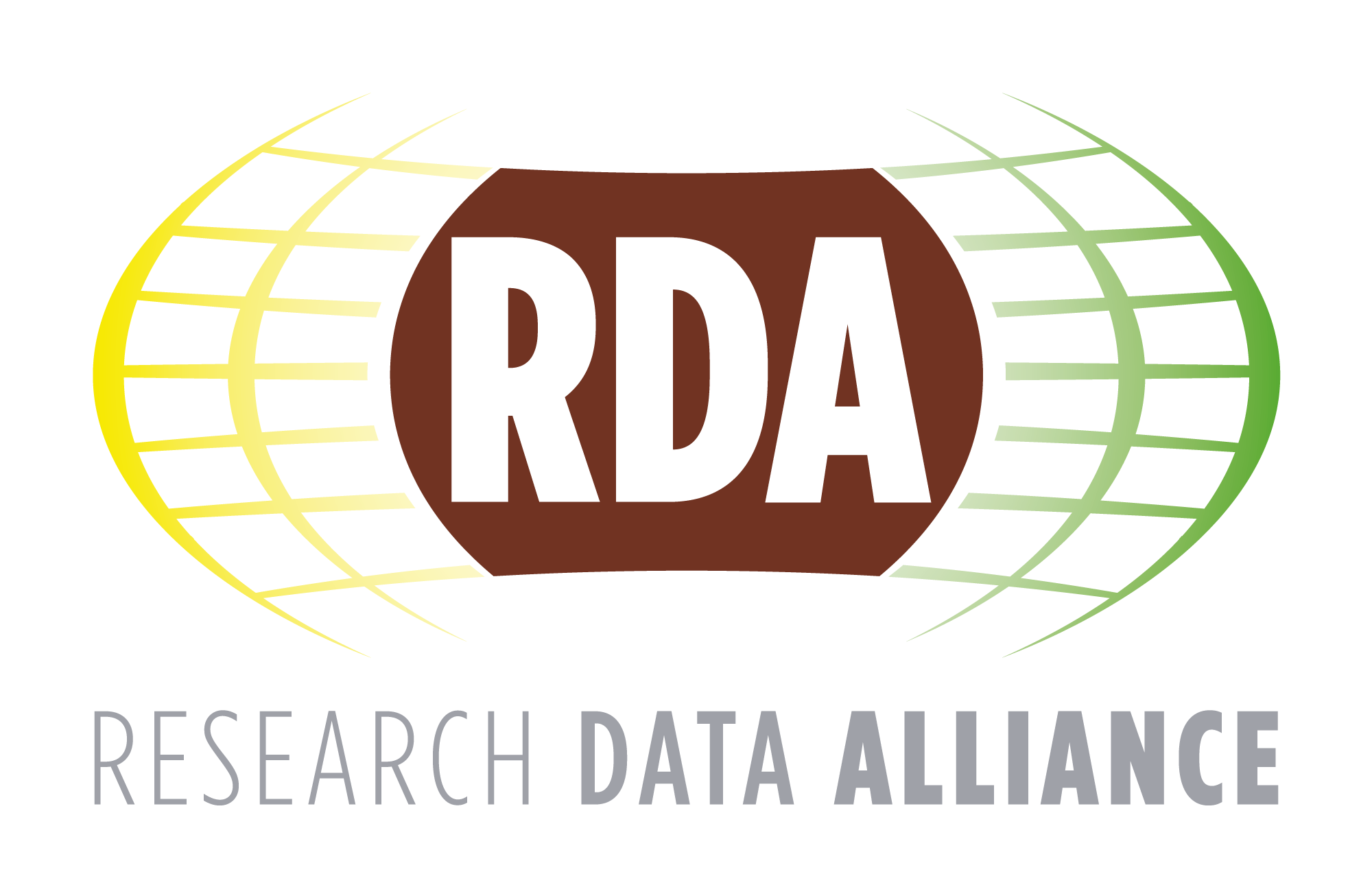Research Data Alliance and European Open Science Cloud join forces to facilitate access to data, promote open science principles, and advance European science globally

Ari Asmi, director of the Research Data Alliance Europe (RDA), originally worked as a climate scientist and became frustrated with the challenges of finding adequate and reliable data. After realising that researchers from other disciplines and countries faced similar issues, Ari joined the RDA to pursue its mission of sharing expertise, tools, and best practices within the global research data community.
To help it achieve that goal, RDA has now joined forces with the European Open Science Cloud (in particular the EOSC-Future project), the EU ieonitiative aimed at establishing an infrastructure for storing, managing, analysing, and reusing research data.
While both RDA and EOSC-Future share the objective of facilitating access to data, they have distinct roles and characteristics. RDA serves as a platform for discussion and knowledge exchange, while EOSC-Future focuses on the development of specific tools and resources. Additionally, a fundamental difference lies in their geographic coverage, with EOSC-Future primarily focusing on Europe, while RDA maintains a global presence.
"RDA is a global, inclusive platform for sharing open data, where individuals bring their own resources. EOSC-Future is a regional programme that has significant resources for data tools development," Asmi explains. RDA now has 14,000 members based in over 145 countries.
The two entities are working together on the EOSC Future project, which aims to provide European researchers with access to data that adhere to principles of findability, accessibility, interoperability, and reusability (FAIR), along with related services.
One of the project's objectives is to better connect European research infrastructures and 'cluster' projects with EOSC Core providers. Many of these targeted research communities have mature data-sharing policies and approaches. There is still work to do, however, to bring other, less-widely represented domain communities on board and gain a deeper understanding of what their data sharing needs are. This is where the EU funding dedicated to RDA activities comes into play.
"Leveraging the RDA expertise, the project has been able to identify the communities where EOSC is not yet on their agenda and improve engagement in terms of open science, FAIR, and data sharing," says Sara Garavelli, EOSC Association Director and RDA member.
Building international and cross-discipline connections
The integration of the EOSC and RDA communities has received support through the RDA open call programme, with a total budget of 1 million euros, designed to provide EOSC with tools and standards from the global research data community, ensuring long-term interoperability. The open call programme encompasses six categories of grants, aimed at supporting diverse outputs. A total of eleven calls has been conducted, and the budget will be distributed among over 40 grantees.
The EOSC Future project is also connecting EOSC with the international community. Asmi stresses that European science initiatives cannot operate in isolation and that connecting with other regions is crucial for long-term success. Without global discussions, there is a risk that different regions develop their own solutions that lack interoperability. Therefore, the objective of RDA is to provide an international perspective for EOSC's technological solutions to ensure their global adoption. Additionally, RDA groups can act as a sounding board, offering feedback from professionals working across diverse technological fields.
"RDA has produced a huge number of outputs, with many originating from a very specific data problem,” Asmi explains. “One example is the RDA's recommendation on how to globally share COVID-19 data, which was issued during the pandemic.” In addition, RDA strives to incorporate perspectives of countries with fewer resources compared to Europe, ensuring that they are not excluded from participating in the sharing of knowledge and best practices.
Through EOSC-Future RDA and EOSC-Future are also providing support to projects across a wide range of disciplines, including cross-disciplinary research. One example is the Data Practices in an Interdisciplinary Perspective project, which examines the challenges of data sharing practices in architecture, civil engineering, economics, and natural language processing. Researchers are investigating how these disciplines, represented at the Gdańsk University of Technology, can collaborate to generate cross-disciplinary data sets.
Moreover, RDA Ambassadors facilitate an open dialogue with data practitioners and organisations working in domain-specific areas. For example, RDA Ambassador Helene Andreassen has been addressing challenges in the linguistics field, such as the lack of clear valuation of data science in linguistics and the absence of educational materials regarding the principles of FAIR data and open science.
Finally, EOSC and RDA complement each other in their efforts to enhance data interoperability. As EOSC aims to function as a federation, interoperability is one of the key enablers of FAIR data to ensure that diverse datasets can be discoverable and also to enable cross-domain research.
"RDA has already made significant progress in data interoperability, which is essential for EOSC, especially among disciplinary communities who want to ensure their data-driven research does not exist in silos," Garavelli notes.
Garavelli underscores that the diversity and complementarity represent an added value for both initiatives. For instance, EOSC benefits from the involvement of RDA data practitioners, while RDA can leverage the technology developed by EOSC.
"The cross-fertilisation of the two initiatives can provide a pool of expertise that can advance European science and position it in the global setting," she concludes.
More about the programme can be found on the RDA website. To view the Projects funded and Ambassadors see here
This article has received funding from the European Union's Horizon 2020 research and innovation programme under grant agreement No 101017536 and is supported by the EOSC Future through the RDA, Open Call mechanism.







 A unique international forum for public research organisations and companies to connect their external engagement with strategic interests around their R&D system.
A unique international forum for public research organisations and companies to connect their external engagement with strategic interests around their R&D system.